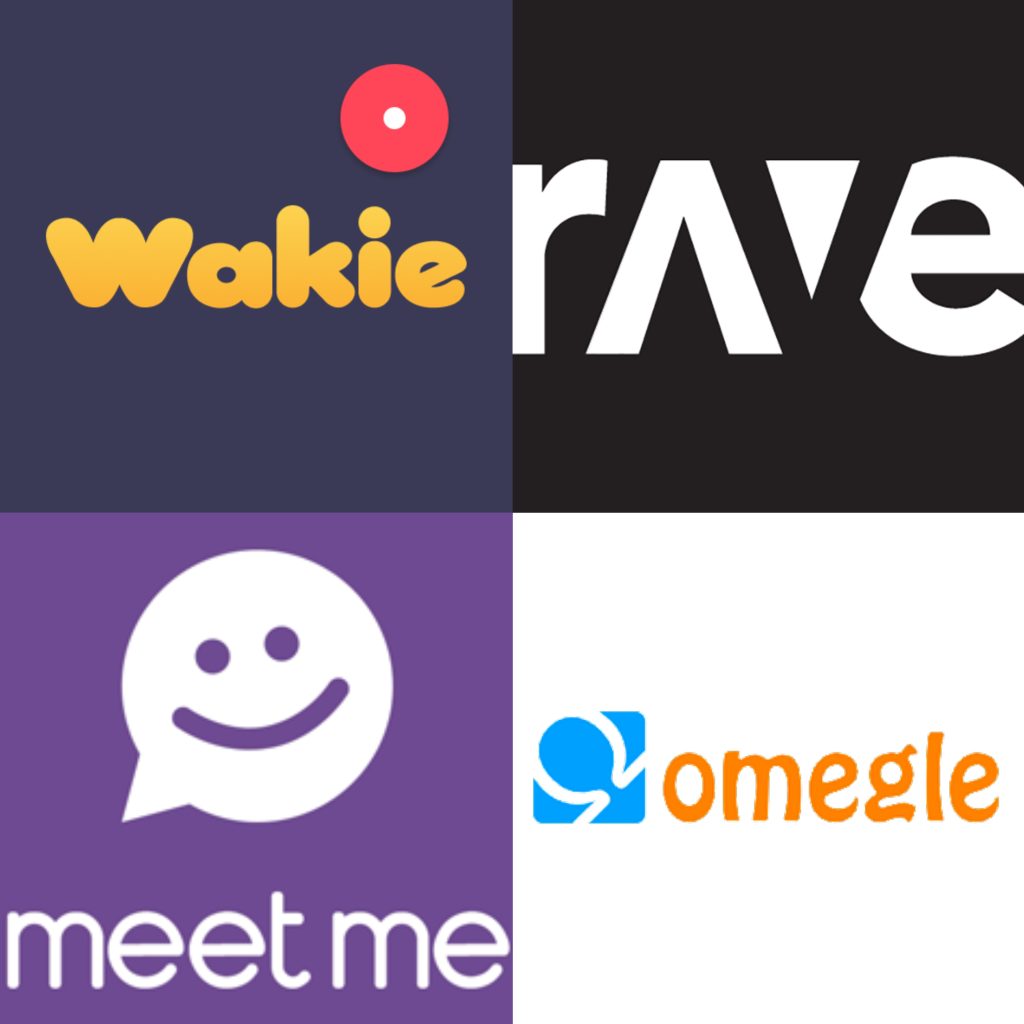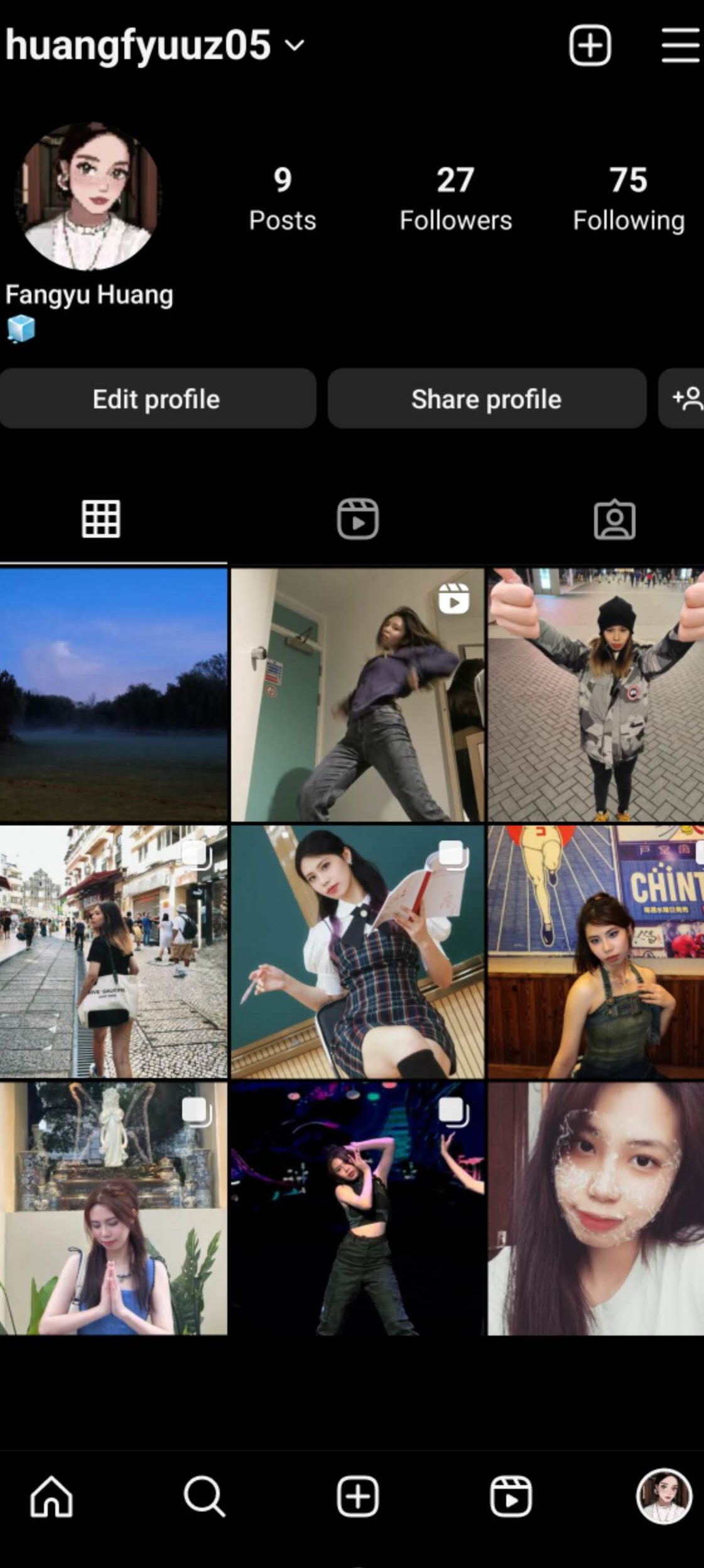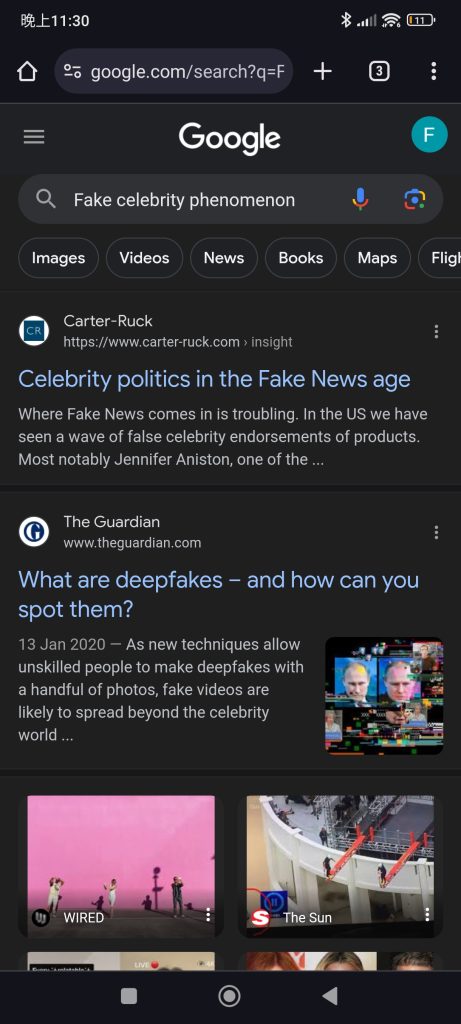Introduction
In the vast landscape of the digital world, individuals have the unique opportunity to craft and curate their identities in ways that can significantly differ from their real-life personas. This intriguing phenomenon has given rise to a complex web of digital behaviors, as people assume various online identities, adapting to different online spaces and platforms. In this blog, we’ll explore the fascinating world of online identity construction and delve into the reasons why individuals behave differently in the digital realm.
How people behave online:
- Anonymity
One of the most intriguing aspects of the digital world is the potential for anonymity. When individuals can hide behind screen names and avatars, they often feel liberated from the constraints of their real-world identities. Anonymity provides a platform for honest self-expression, enabling individuals to share thoughts, opinions, and experiences without fear of judgment or repercussions. In an Anonymous Chat app, you can share your happy, sad or embarrassing things with strangers without worrying about being recognized, so there are many anonymous chat apps on the market now, such as Omegle, Anonymous Chat Room, Meet Me, Rave and so on…

2.Selective Self-Presentation:
People are skilled at presenting different facets of their personality online, choosing what to reveal and what to conceal. Social media platforms like Facebook, Instagram, and LinkedIn encourage users to curate their online personas, showcasing the highlights of their lives or professional achievements.


Why People Behave Differently in the Digital World?
- Disinhibition Effect:
The digital world can foster disinhibition, where individuals feel less accountable for their actions and words. This is due to the reduced sense of consequences that anonymity or geographical distance can provide. People may express their thoughts and emotions more candidly, leading to both positive and negative behaviors.
2. Social Comparison:
Online platforms often encourage individuals to compare themselves with others, leading to a desire to present the best versions of themselves. This may result in idealized self-presentation, which can lead to behaviors that deviate from reality.


Conclusion
The digital world is a realm of endless possibilities for identity construction, offering a fascinating blend of anonymity, self-presentation, and exploration of diverse personas. People behave differently online for a variety of reasons, driven by the unique dynamics of digital spaces and the opportunities for self-expression they provide. Understanding these behaviors can shed light on the complexities of human interaction in the digital age and open up discussions on how to foster more positive and authentic connections in the digital world.
reference:
- Peter Mitchell (2023), Top 20 Best Free Anonymous Chat Apps:
https://techcult.com/top-best-free-anonymous-chat-apps/ - Chit Chat, Why do people behave differently on social media?
https://youtu.be/GsgMza7oRuE?si=sOtRiINPM6s8AqC4


I really like your blog structure, after reading your blog, I can feel that the content you present are progressive layers. First, it gives us a general overview, then gives examples of how people behave when constructing identities online, and then explains why people behave differently in the digital world. Your essay is well framed and very clear. What’s more, I also agree with the point you made in your blog, like people are good at showing different aspects of themselves online to create an idealized version of themselves. Because what the audience sees, the performer decides. Besides, I understand why everyone behaves differently in the digital world, too. Which is actually what people need to gain social identity. It’s also the meaning of people’s symbolic interaction. Thank you for sharing!